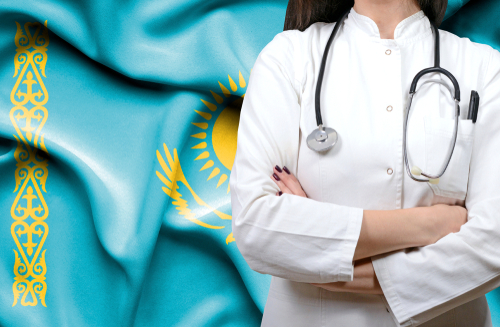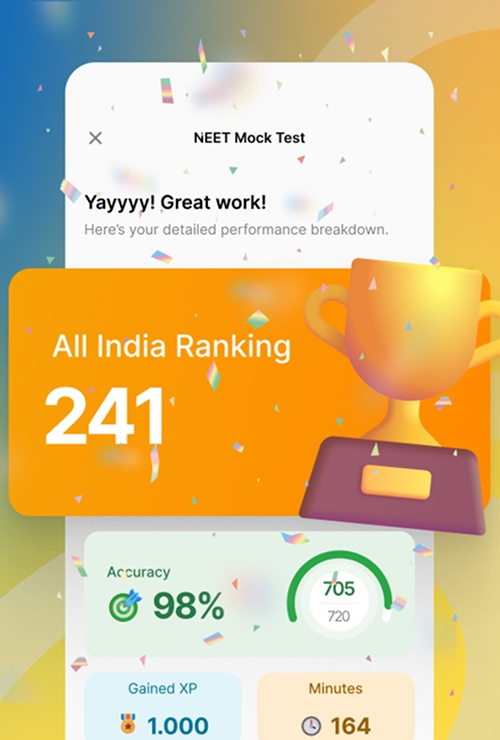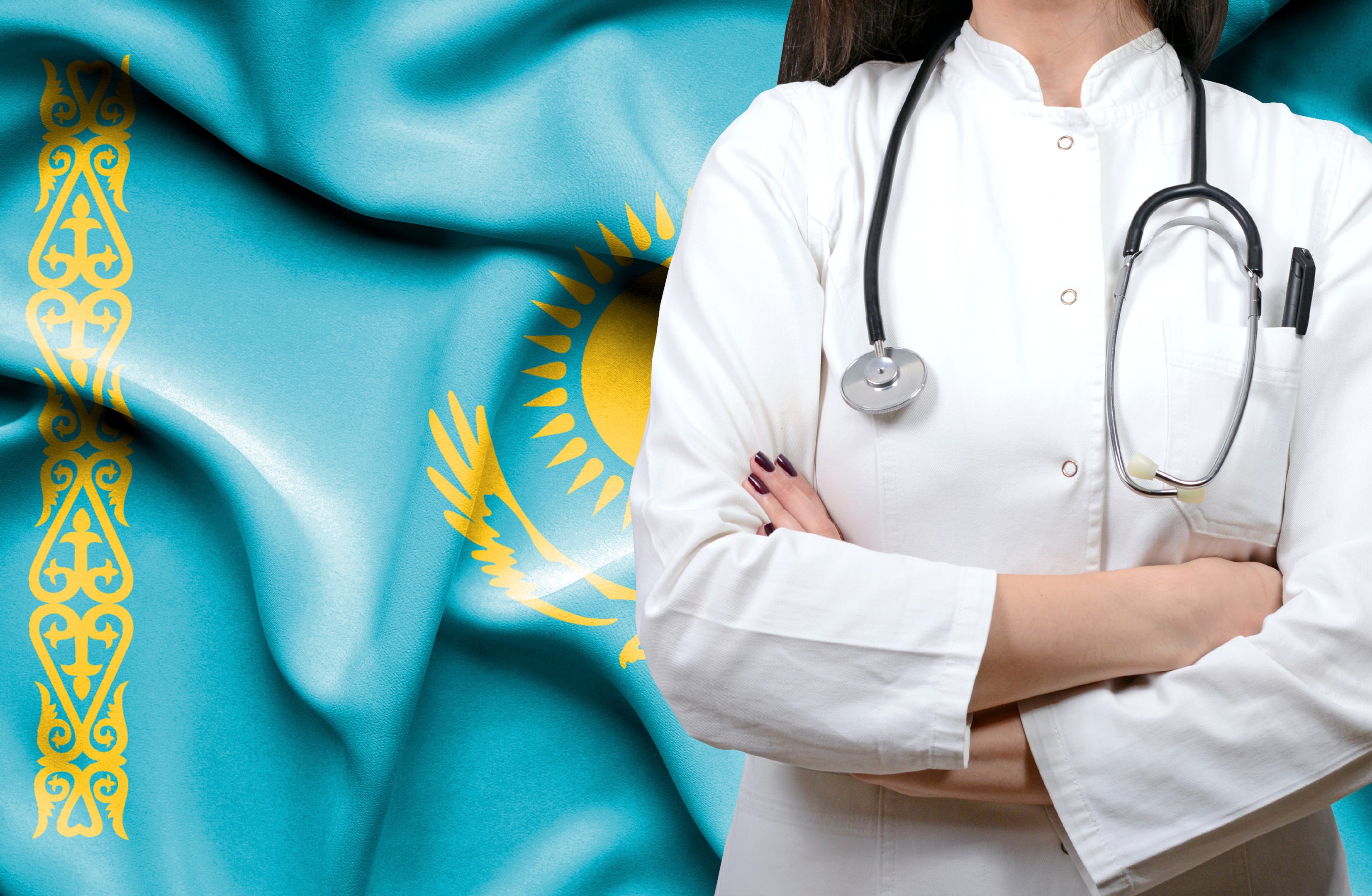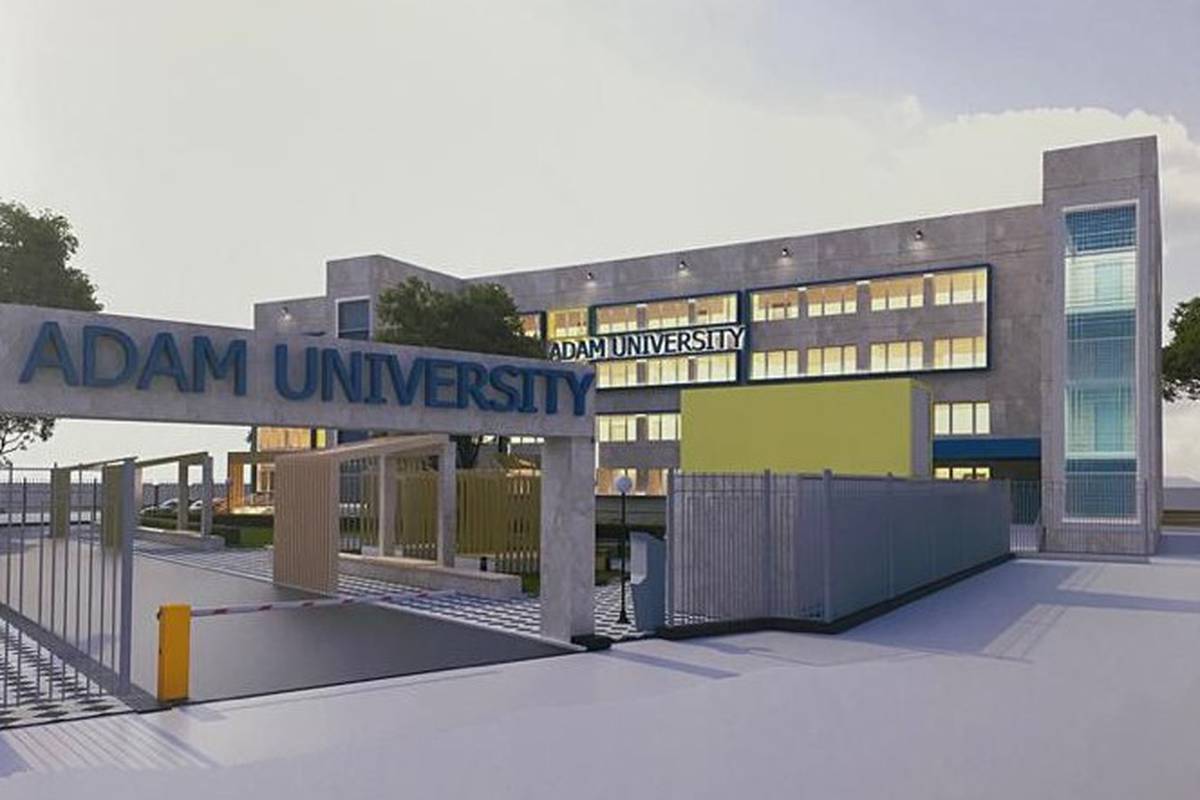
☝️ At a glance
- Kazakhstan offers low-cost MBBS degrees, but extreme winters, language barriers, and limited clinical exposure make it tough for Indian students.
- Only 10-30% graduates clear India’s licensing exam due to curriculum mismatches and lack of tropical disease training.
- While top universities like Kazakh National Medical University are WHO-recognized, many new colleges lack proper infrastructure and hands-on training.
- Countries like Czech Republic (higher FMGE pass rates) or Germany (free tuition) may offer better ROI despite different challenges.
Kazakhstan has emerged as a popular destination for MBBS abroad, especially among Indian students and other international students seeking affordable medical education. With low tuition fees, English-medium MBBS programs, and no mandatory entrance exams, Kazakhstan medical universities like Kazakh National Medical University, Astana Medical University, and Semey State Medical University attract thousands of medical aspirants every year.


While the country offers high-quality medical education recognized by the World Health Organization (WHO) and the National Medical Commission (NMC), it is crucial to consider the disadvantages of studying MBBS in Kazakhstan before making a decision. Understanding both the pros and cons ensures that students make an informed choice about their medical studies.

However, alongside these benefits, there are challenges such as language barriers, climate adaptation, slight flaws involved in medical colleges and limited clinical exposure in government hospitals. This article explores the key cons of studying MBBS in Kazakhstan to help students evaluate their options carefully.
By weighing both the advantages and drawbacks, students can decide whether pursuing an MBBS degree in Kazakhstan aligns with their career goals in medical science.
Major disadvantages with MBBS in Kazakhstan
1. Harsh climate & difficult adaptation
For Indian students pursuing MBBS in Kazakhstan medical universities accustomed to tropical weather, Kazakhstan's extreme winters come as a brutal shock. The country experiences some of the coldest temperatures in the world, particularly in cities like Astana (now Nur-Sultan) where winter temperatures regularly drop below -20°C.
Daily life becomes challenging when:
Simple activities like walking to class turn into endurance tests against freezing winds
Public transportation becomes unreliable during heavy snowfall
Basic tasks like grocery shopping require multiple thermal layers
The cold affects more than just comfort - it impacts health too. Many students report seasonal depression during the long winter months, and the lack of sunlight can be mentally draining. Even your electronic devices struggle - phones and laptops may shut down unexpectedly in extreme cold.
Click here to download the NEET Zoology chapter-wise weightage
Download PDF2. Mandatory local language learning
While the MBBS course is taught in English, students face a significant language barrier when clinical rotations begin. From the third year onward, proficiency in either Kazakh or Russian becomes essential for:
Communicating with patients during hospital postings
Understanding case discussions with local doctors
Completing medical documentation
This creates several challenges:
Extra academic load: Students must balance intensive language classes alongside their regular medical curriculum
Clinical limitations: Those struggling with the language often get sidelined during important patient interactions
Future complications: Poor language skills can hinder internship opportunities and licensing exams
The reality is that most Indian students arrive with zero knowledge of these languages. By the time clinical years begin, many find themselves scrambling to catch up, often needing private tutors at additional expense.
3. Low FMGE/NEXT passing rates
One of the biggest concerns for Indian students studying medical course in Kazakhstan is the shockingly low pass rate in India’s Foreign Medical Graduates Examination (FMGE/NEXT). Recent data shows that only 10–30% of Kazakhstan graduates successfully clear this mandatory licensing test—far lower than other popular studying MBBS abroad destinations.
Click here to download the NEET Botany chapter-wise weightage
Download PDFWhy do so many students fail?
Curriculum mismatch
Kazakhstan’s medical syllabus doesn’t align well with India’s.
Key subjects like Community Medicine, Medical Psychology & Forensic Medicine are taught differently, in universities in Kazakhstan.
Example: Many students struggle with tropical diseases (like dengue or malaria) that are rare in Kazakhstan but crucial for FMGE.
Lack of hands-on experience with Indian cases
Hospitals in Kazakhstan focus more on local health issues (like frostbite or tuberculosis) rather than diseases common in India.
Students often miss practical exposure to cases like typhoid, hepatitis, or malnutrition—topics heavily tested in FMGE.
Comparison with other countries
Kazakhstan (24% pass rate) vs. Czech Republic (100%+)
The difference comes down to teaching methodology—Philippines follows a US-style system closer to India’s, while Kazakhstan’s approach is more theoretical.
What can students do?
Start FMGE prep early (from 3rd year onwards)
Join coaching classes focusing on Indian medical standards
Practice previous years’ FMGE papers religiously
4. Limited clinical exposure & outdated training
While Kazakhstan offers affordable MBBS education, many universities fall short in practical training—a critical aspect of medical studies. Unlike Indian colleges, where students interact with patients early, Kazakhstan’s system often delays real hospital experience.
Key problems in clinical training
Late patient interactions
In India, students visit hospitals from 1st year—but in Kazakhstan, many colleges wait until 3rd or 4th year.
Result: Graduates lack confidence in handling real cases.
Use of dummies instead of cadavers
Some universities skip cadaver dissections entirely, using plastic models.
Why it matters? Without working on real bodies, students miss crucial anatomy insights needed for surgery.
Only 40% of universities offer early hospital training
A survey found that most colleges delay hands-on training, focusing more on theory-heavy lectures.
How to overcome this?
Choose universities with better hospital ties (e.g., Kazakh National Medical University)
Seek additional internships in India during vacations
Join online case discussion forums to supplement learning
5. Variable university quality & fraudulent agents
While Kazakhstan has some well-established medical universities, many new private colleges have poor infrastructure, inexperienced faculty, and inadequate clinical exposure. The worst part? Unethical education agents often mislead Indian students with false promises.
Red flags to watch out for:
"Guaranteed Admission" Scams – Some agents promise admission to top universities but enroll students in unrecognized colleges.
Hidden Fees – Many students discover extra charges (hostel, lab fees) only after arriving.
Photoshopped Campus Images – Some agents show fake pictures of "modern hospitals" that don’t exist.
How to protect yourself?
Check NMC/WDOMS recognition – Only apply to universities listed on the National Medical Commission (NMC) website.
Talk to current students – Join Facebook/WhatsApp groups of Indian students in Kazakhstan.
Avoid "too good to be true" offers – If an agent says "no exams, low fees, easy degree," it’s likely a scam.
6. Cultural struggle of studying abroad
While Kazakhstan offers affordable education, many Indian students face loneliness, cultural shock, and burnout.
Key challenges:
Limited Indian Communities (Outside Big Cities)
In cities like Semey or Kostanay, finding Indian food, festivals, or friends is tough.
Homesickness & food issues
Even with "Indian mess" options, the food lacks authentic taste.
Many students survive on instant noodles & eggs due to limited options.
High burnout rates
International students experience severe stress due to:
Heavy coursework
Language barriers
Extreme weather
How to cope?
Join online student communities before arriving
Learn basic cooking to avoid food struggles
Stay connected with family regularly
7. Internship & licensing hurdles
After 5 years of MBBS, students face two major hurdles before practicing medicine:
1. Mandatory 1-year internship in Kazakhstan
Unlike India, where internships focus on FMGE prep, Kazakhstan’s internship delays your licensing exam preparation.
2. Licensing exam in Kazakh/Russian
If you want to practice in Kazakhstan, you must clear a local language medical exam—extremely tough for international students.
What’s the solution?
Plan FMGE prep early (start in 4th year)
Consider transferring internship to India (NMC rules allow this in some cases)
Focus on passing FMGE first before thinking about local practice
MBBS syllabus in Kazakhstan (Year-wise breakdown)
The MBBS course duration in private medical colleges and various medical universities in Kazakhstan is of 6 years including internship.
Year | Pre-Clinical & Para-Clinical Subjects | Clinical Subjects (Where Applicable) | Practical Training |
|---|---|---|---|
1st Year | - Anatomy (Gross, Histology) | - Basics of Nursing | - Cadaver Dissection (Limited in some colleges) |
2nd Year | - Pathology | - Community Medicine | - Pathology Lab (Slide Analysis) |
3rd Year | - Pathophysiology | - Core Rotations Begin: | - Hospital Postings (Limited Patient Interaction) |
4th Year | - Advanced Medicine | - Clinical Rotations: | - Ward Duties |
5th Year | - Emergency Medicine | - Internship Prep: | - Mandatory Rotations: |
6th Year (Internship) | - Final Licensing Exam Prep | - Full-Time Hospital Internship: | - Hands-On Patient Management |
Comparing Kazakhstan to other MBBS destinations
Factor | Kazakhstan | Russia | Germany | Czech Republic | Latvia |
|---|---|---|---|---|---|
FMGE Pass Rate | 10–30% | 15–35% | 60%+ | 40–60% | 30–50% |
Language Barrier | High (Kazakh/Russian) | High (Russian) | High (German B2/C1) | High (Czech B2) | Moderate (Latvian) |
Climate | Extreme winters (-30°C) | Cold winters (-15°C) | Moderate (0–25°C) | Cold winters (-5°C) | Cold winters (-10°C) |
Total Fees (5–6 yrs) | ₹15–25L | ₹20–30L | ₹25L-30L | ₹25–40L | ₹20–35L |
Clinical Exposure | Limited (Late start) | Moderate | Excellent | Excellent | Moderate |
Indian Community | Small (except Almaty) | Large (Moscow) | Growing | Small | Very Small |
Degree Recognition | NMC, WHO | NMC, WHO | WHO, EU-wide | EU-wide | EU, WHO |
Best MBBS colleges in Kazakhstan
Here's a concise table of the top 8 Kazakhstani medical universities with the highest FMGE pass rates, based on your data:
Rank | University Name | FMGE Pass Rate |
|---|---|---|
1 | Al-Farabi Kazakh National University (Faculty of Medicine) | 51.08% |
2 | NJSC Astana Medical University | 35.90% |
3 | Manash Kozybayev North Kazakhstan University | 46.84% |
4 | JSC National Medical University | 28.47% |
5 | South Kazakhstan Medical Academy | 25.19% |
6 | Karaganda State Medical University | 24.26% |
7 | Kazakh Russian Medical University | 23.75% |
8 | State Medical University Semey | 21.86% |
Advantages of studying MBBS in Europe
Accredited & recognized universities:
The European MBBS universities offers a number of advantages, including the presence of accredited universities that are highly regarded internationally. European institutions are consistently ranked among the best in the world, making it possible for MBBS degrees to be accepted worldwide.
Quality of education:
Medical schools in Europe are widely recognized for their excellence in teaching, research, and pedagogical techniques. Faculty members are often renowned experts in their respective fields, allowing students to gain a comprehensive understanding of the field.
Diverse cultural experience:
Research in Europe provides an opportunity to immerse oneself in a wide range of cultures, languages and customs. This experience can help to develop your skills and knowledge of cross-cultural health care practices.
English-taught programs:
Many European medical universities provide world class education in MBBS programs in English, eliminating language barriers for international students. This makes it easier for students from different backgrounds to pursue their medical dreams.
Clinical exposure & research opportunities:
Europe offers a broad selection of clinical settings and research facilities, allowing medical students to gain practical experience with quality education in modern hospitals and clinics.
Safety & quality of life:
Moreover, European countries are well-known for their high standards of safety, healthcare, and quality of life. This allows students to concentrate on their studies without the burden of safety worries or poor living conditions.
Eligibility, exams & fees
To pursue MBBS in Europe, you should be well-aware of everything about the fee structure, entrance and competitive exams, documents required during admission, age limit, etc. Therefore, take advantage of the chance to schedule a free consultation with us to learn more about the exams, fees, and eligibility criteria, if you're thinking about studying medicine in Europe.
How to consider best college to pursue MBBS in Europe?
Choosing a medical school in Europe may appear to be a straightforward decision, but it should be carefully considered as it can have a significant impact on one's life. This is because medical students often set their career goals even before they enter high school, as they develop a passion for helping others.
Additionally, the field of medicine is highly versatile, allowing students to study in any country of the world. Therefore, when narrowing down the medical school options available, it is important to consider factors such as teaching styles, culture, and admission procedure including admission letter and student visa.
How consultations help in your MBBS journey?
Consultations are an essential part of your MBBS journey, and futureMBBS offers a valuable resource in this regard. Our expert team provides insightful guidance on the benefits of pursuing an MBBS degree abroad, walking the students through the intricacies of the admission process.
Our team helps you prepare for various admission requirements, such as exams and interviews, tailored to different European universities. With our well-structured e-learning system and experienced support, you'll be well-prepared for success at every admission stage. Furthermore, our strong track record ensures you're on the path to accessing a world-class medical education.
Moreover, futureMBBS takes care of practical aspects, from finding suitable accommodation to connecting you with fellow students, fostering a sense of community and support. Our team of dedicated experts, including on-site representatives, is committed to providing unwavering support and assistance to help you overcome any academic or personal challenges you may face throughout your MBBS journey.
In essence, consultations like, futureMBBS are your compass, guiding you towards a future rich in knowledge, growth, and opportunity, with unwavering support as you embark on this remarkable adventure.
Conclusion
Studying MBBS in Kazakhstan offers affordable medical education with globally recognized degrees from institutions like Kazakh National Medical University and Astana Medical University. However, the disadvantages of studying MBBS in Kazakhstan—such as harsh winters, language barriers, low FMGE pass rates, and limited clinical exposure—make it a challenging choice for Indian students. While the low tuition fees and no entrance exam policy attract many medical aspirants, the overall quality of medical education varies across Kazakhstan medical universities. Those seeking high-quality medical education with better practical training and FMGE success rates may prefer other countries like the Czech Republic or Germany. Ultimately, thorough research on the admission process, curriculum, and university recognition by the National Medical Commission (NMC) is crucial before choosing MBBS abroad.
Click here to download the NEET 2026 official syllabus.
Download PDFFREQUENTLY ASKED QUESTIONS
FAQs about "disadvantages of studying MBBS in Kazakhstan"
1. Is MBBS in Kazakhstan worth it for Indian students?
While universities in Kazakhstan offers low-cost medical degrees, the disadvantages of studying MBBS for foreign students in Kazakhstan, such as language barriers, extreme climate, and low FMGE pass rates, can be significant drawbacks.
2. Which are the best medical universities in Kazakhstan for Indian students?
The Kazakh National Medical University, Astana Medical University, and Semey State Medical University are among the top choices in MBBS universities, recognized by the World Health Organization (WHO) and National Medical Commission (NMC). However, students should verify accreditation before applying.
3. What is the FMGE pass rate for Kazakhstan MBBS graduates?
Only 10–30% of Indian students from Kazakhstan medical universities clear the FMGE, significantly lower than in countries like the Germany.
4. Do Kazakhstan medical universities provide good clinical training?
Many Kazakhstan MBBS colleges lack sufficient practical training, with some using dummies instead of cadavers and delaying hospital rotations until later years.
5. Is learning Russian or Kazakh mandatory for MBBS in Kazakhstan?
Yes, while the MBBS course is taught in English, clinical rotations require Kazakh or Russian proficiency, adding extra academic pressure for international students studying medicine abroad.
6. Can I practice medicine in India after completing MBBS in Kazakhstan?
Yes, but graduates must first clear the FMGE/NEXT exam to practice in India. Due to the low pass rates, many students struggle, making early FMGE preparation essential during their MBBS study.




